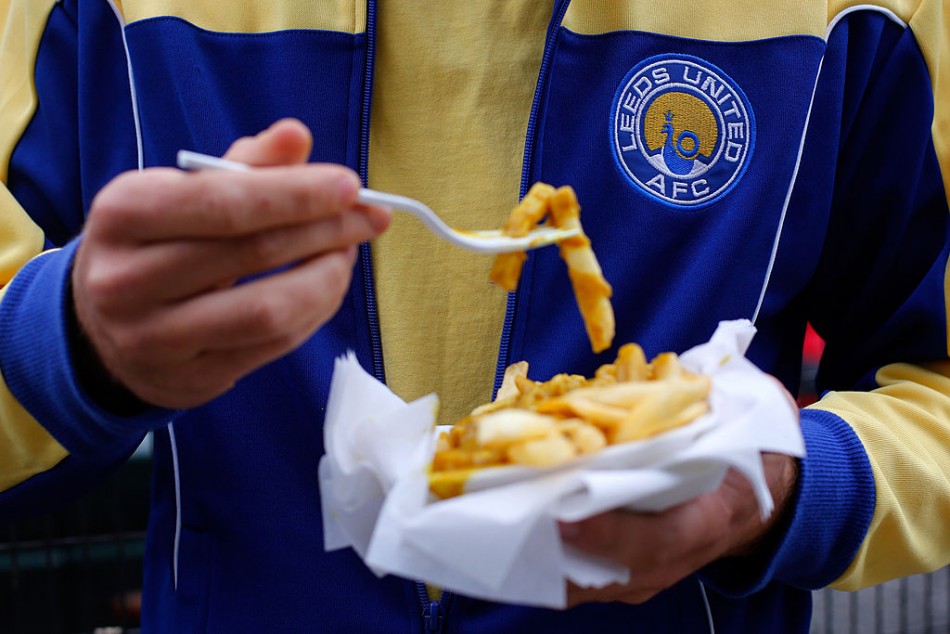Massachusetts Teen Dies After Spicy Chip Challenge: Autopsy Reveals Heart Condition

A 10th-grade Massachusetts teen's death after participating in the viral social media spicy chip challenge has now been finally revealed. The teen, Harris Wolobah, has fatally died after consuming a significant amount of paqui chip, a Texas-based subsidiary of the Hershey Company.
Wolobah passed away on September 1, 2023. The autopsy reveals that this challenge prompted the death due to the presence of an underlying congenital heart defect.
Massachusetts Teen Dies After Spicy Chip Challenge
Harris's passing was attributed to cardiopulmonary arrest, as revealed in the autopsy conducted by the Chief Office of the Medical Examiner.
The examination also highlighted his existing conditions, including cardiomegaly, denoting an enlarged heart, and a congenital defect termed "myocardial bridging of the left anterior descending coronary artery."
The tragic incident involving a Massachusetts teenager who reportedly consumed an extremely spicy tortilla chip has sparked widespread concern regarding the associated social media challenge. This concern has prompted retailers to withdraw the product from their shelves at the manufacturer's request.
The spicy chip challenge involves participants eating the chip and then abstaining from consuming any other food or water for a period of time.
On September 1, authorities responded to a call at Harris's residence, where he was found unresponsive and not breathing. He was subsequently taken to a hospital, but was pronounced dead shortly after.
Following this, Paqui took swift action by removing the product from store shelves.
Read Also: 5-Year-Old Colorado Girl Dies in Backyard Swing Set Accident
Underlying Congenital Heart Defect
A myocardial bridge is a condition where a segment of a major heart artery runs within the heart muscle rather than on its surface, according to Dr. James Udelson, chief of cardiology at Tufts Medical Center.
Dr. Udelson explained that significant heart stimulation could lead to abnormal blood flow beyond the bridge, potentially causing a severe arrhythmia due to ischemia. He noted reports of capsaicin causing heart muscle ischemia due to acute toxicity.
Dr. Syed Haider, a cardiologist at MedStar Washington Hospital Center, added that large doses of capsaicin can increase heart contractions, putting extra pressure on the artery.
Although the autopsy indicated that Harris' heart defect made him more susceptible to the chile pepper extract, Dr. Haider emphasized that even those without underlying risk factors could experience serious heart issues from large amounts of capsaicin.
Both doctors spoke generally and were not involved in Harris' case.
Elaine Driscoll, spokesperson for the Massachusetts Executive Office of Public Safety and Security, reported that the cause of Harris' death was determined on February 27, with the death certificate released on March 5 to the Worcester city clerk's office.
Only the cause and manner of death were made public, as the full report is not part of the public record.
The Paqui chip, which sold for about $10, came in a coffin-shaped box with a warning label indicating it was for adult consumption only and should be kept away from children.
Harris' death prompted warnings from Massachusetts authorities and doctors, advising that consuming extremely spicy foods can lead to unintended health consequences.
Poison control centers have cautioned that the high concentration of capsaicin in such products can cause allergic reactions, breathing difficulties, irregular heartbeats, and even heart attacks or strokes.
Related Article: Chicago Newborn Baby Weighing 1 Pound Overcomes Premature Birth Challenges, Goes Home Healthy
© 2024 ParentHerald.com All rights reserved. Do not reproduce without permission.